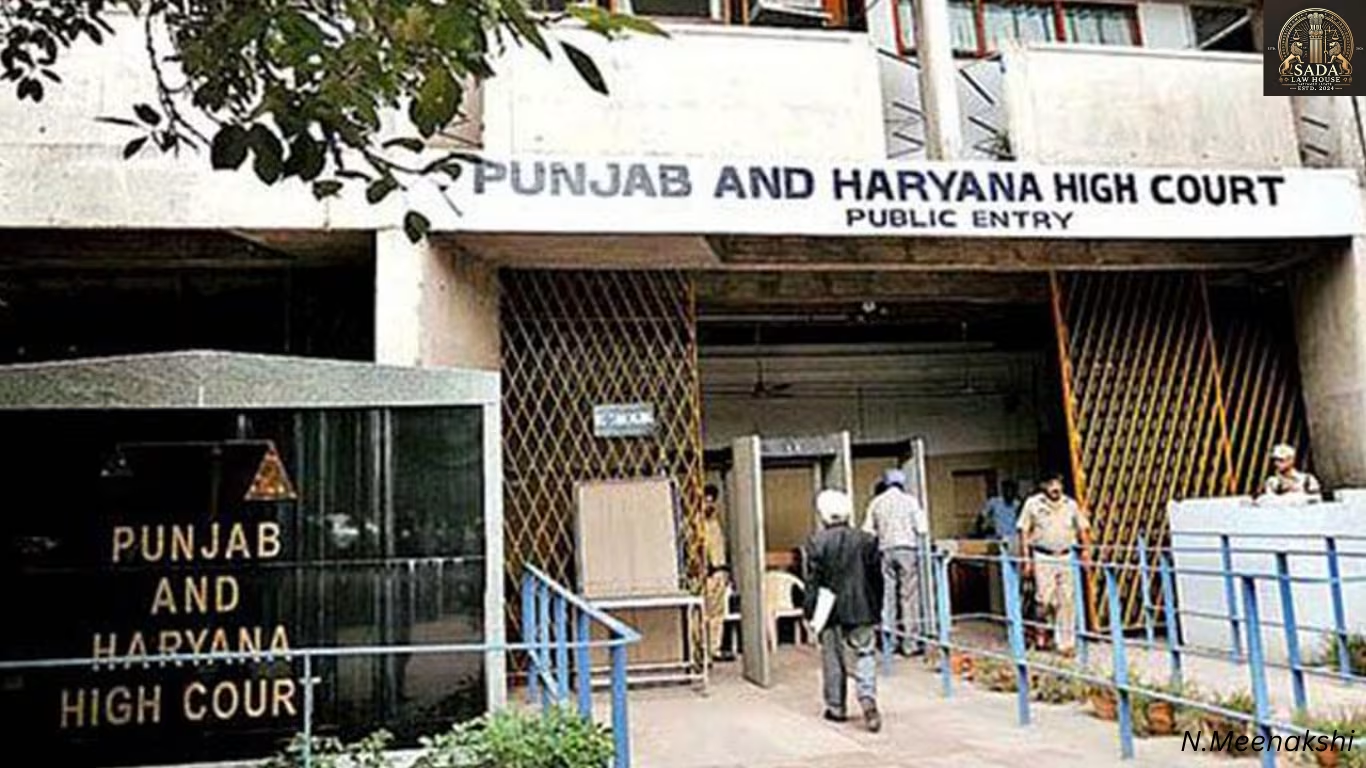SG Tushar Mehta Flags Integrity Crisis in Arbitration, Calls for Parliamentary Intervention
- Shivani Garg
- 23 September 2025

Introduction
Solicitor General of India Tushar Mehta has voiced serious concerns about the fairness and credibility of India’s arbitration system. He highlighted that the current practice of litigants choosing their own arbitrators compromises neutrality and erodes trust in arbitration as an alternative dispute resolution mechanism.
Background
Arbitration in India: Arbitration was promoted to reduce court backlogs and provide quicker dispute resolution.
Current Practice: Parties involved in disputes often appoint their own arbitrators, a system intended to ensure balance but increasingly criticized for fostering bias.
Context of Concerns: Legal experts have long debated the issue of transparency and impartiality in arbitration, with growing pressure for reforms.
Key Developments
Conference Platform: On September 21, 2025, at a two-day arbitration law conference organized by the Gujarat High Court in Ahmedabad, Mehta publicly flagged these issues.
Observation: He noted that arbitrators can often be linked to specific clients or law firms, undermining the perception of fairness.
Proposal: Mehta suggested a mandatory system for publishing all arbitral awards on a single public platform, allowing stakeholders to track patterns such as repeat arbitrator-client-law firm linkages.
Issues
Lack of Neutrality – Party-appointed arbitrators create an impression of favoritism.
Opacity – Most arbitral awards remain confidential, preventing scrutiny of potential bias.
Trust Deficit – The credibility of arbitration is weakening, discouraging parties from using it over traditional litigation.
Current Status
Call for Legislative Action: Mehta urged Parliament to step in with reforms to ensure impartiality and transparency.
Legal Community Reaction: His remarks resonate with ongoing debates within the legal fraternity about the urgent need for systemic reforms in arbitration.
Policy Direction: If implemented, reforms like a centralized database of arbitral awards could transform arbitration into a more accountable and transparent process.
Conclusion
Tushar Mehta’s strong call for parliamentary intervention signals a turning point in India’s arbitration discourse. By advocating transparency through publication of awards and reducing party influence over arbitrator selection, he emphasizes the need to safeguard arbitration’s role as a credible and impartial dispute resolution mechanism. Reforms in this area would not only restore faith among litigants but also strengthen India’s standing as a global hub for arbitration.






